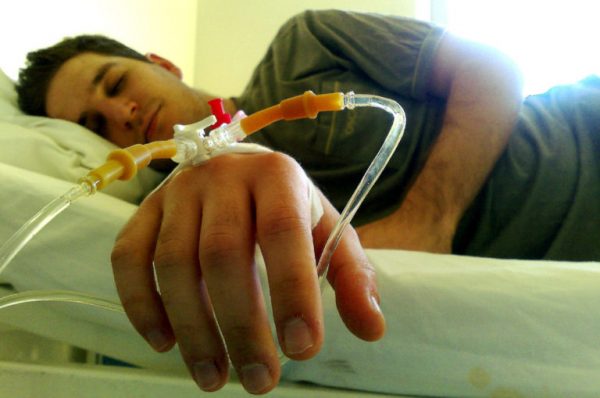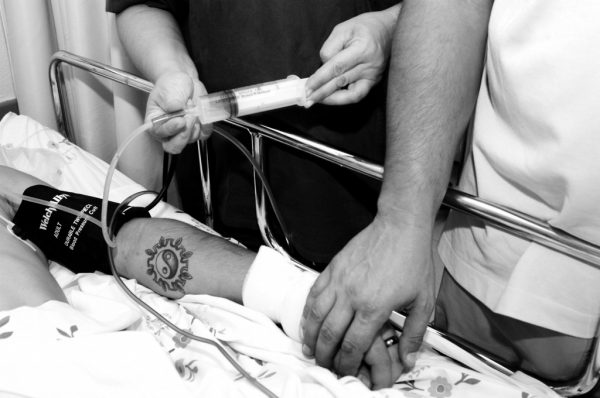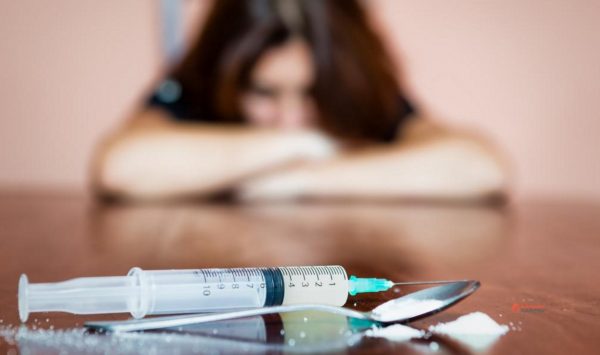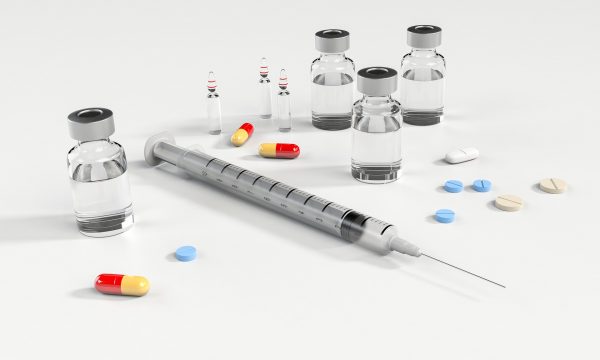Compulsory treatment of addiction has caused many questions and disputes. In recent years more and more people suffer from drug addiction, and even more their relatives. That is why the situation of compulsory treatment for drug addiction has become increasingly common. The most important thing for success is the desire of the patient to return to normal life. What to do, if not? The dependent does not wish to admit the existence of disease. Do we have to accept this fact and consciously to give a loved one a bad habit?
More recently, it would be that way. Russia has long been reluctant to adopt the practice of compulsory treatment. Considered, only the patient himself has the right to ask for help. Today the situation has changed for the better – rehabilitation can take place without the consent of the patient, full responsibility for the event taking relatives.

The court has the right to send drug addicts, committed a small offense, in a narcological clinic.
Compulsory treatment of drug addiction: the legal aspect
If we turn to the laws, you should understand, there's no point, authorizing to send a dependent of an addict without his or her consent to be screened. Here is clearly spelled out – medical intervention can be performed only with the voluntary consent.
2013 the year was decisive, then there was made some amendments, which concerned the criminal code, the code of administrative offences and other legislative documents. Here is clearly spelled out – the court enforced the right to send drug addicts, committed a small offense, in a narcological clinic .

Russia has long been reluctant to adopt the practice of compulsory treatment. Considered, only the patient himself has the right to ask for help. Today the situation has changed for the better – rehabilitation can take place without the consent of the patient.
How to send a patient to the clinic?
Previously it was believed, only a voluntary agreement is a good motivator. That's just every year the number of addicts grows eerily. If the government will stay away, it will increase not only their number, but the number of perpetrated crimes.
Cases, when the court has the right to reach a verdict and send the patient to be treated:
- the patient while in rehab, does not comply with all the recommendations;
- a drug addict committed an administrative offence;
- if the addict has already had drives in militia.
However, before you make a decision on involuntary treatment, the court requires a medical certificate stating, what is before them is really a drug addict. With this paper, the judge may directly from the bench to send the addict to undergo a medical examination.

Many people still find it difficult to give an answer with regards to the effectiveness of compulsory treatment. The controversy surrounding this issue reoccur.
Compulsory treatment of teenagers
For the treatment of minor boys (girls) required statement one of the parents. It seemed pretty simple, but what to do, when it comes to adverse families. Mom and dad constantly abused, and they have no, absolutely not a care, that their child. They won't send him to treatment. And to prove the teenager, that drugs is a bad track, destroying life, almost impossible.
This fact leads to the development of youth crime. In order to prevent that the state Duma is discussing the introduction of the bill, which will give the right to the Commission on minors make the decision to send teenagers to compulsory treatment.

The state Duma is discussing the introduction of the bill, which will give the right to the Commission on minors make the decision to send teenagers to compulsory treatment.
Is there any chance to get the addict to recover?
Many people still find it difficult to give an answer with regards to the effectiveness of compulsory treatment. The controversy surrounding this issue reoccur. But whatever, successful therapy able to achieve the main thing – to save people from drug addiction.
Medical professionals are sure, if the patient does not want to be cured, at the first stage receive support from others, it becomes which engenders stimulus to get rid of bad habits. But it is necessary to understand, that the main lever for success, of course, is the voluntary wish to be treated. This is the perfect motivation. To achieve this, many people are increasingly resorting to the use of intervention. This brutal intervention in the life of a drug addict to help him.
To do this, use the services of drug treatment clinics. To do this, the family of the patient need to make an application, then the medical team makes home visits, with the aim of carrying out preventive conversation. It may last for a few hours, but most often after it achieved the desired result. A sick person agrees to send to the hospital. In many centres volunteers become ex-addicts, unhappy been on the other side, able in bright colors to convey the true meaning of a return to normal life.










